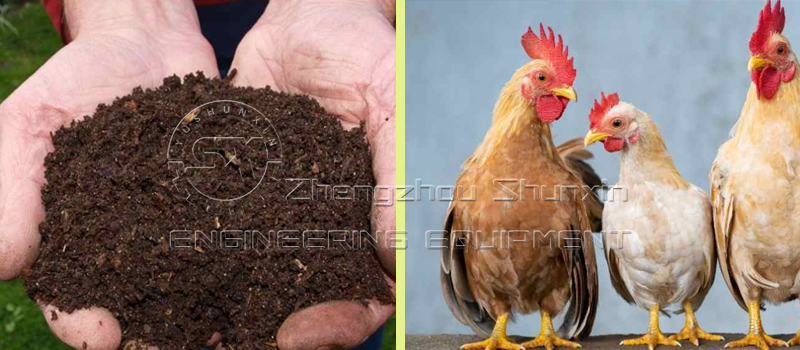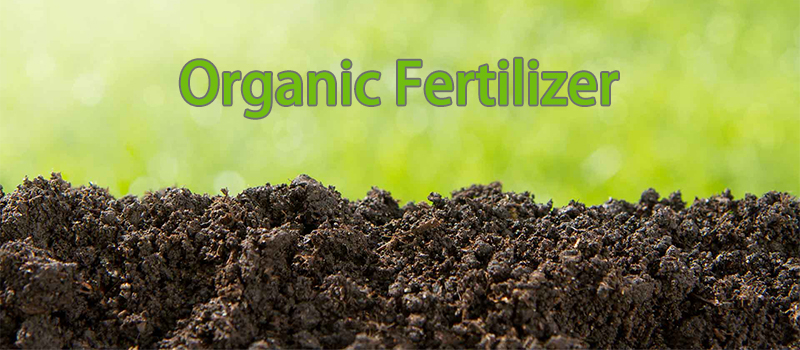What Are the Environmental Protection Requirements for Organic Fertilizer Equipment to Produce Chicken Manure Organic Fertilizer?
1. Noise pollution
First, avoid crowded areas when selecting the site. Secondly, when installing chicken manure organic fertilizer equipment, the relatively noisy equipment needs to install corresponding shock absorption measures to avoid chicken manure organic fertilizer equipment from resonant amplification due to installation problems during operation. Noise, in addition, if conditions permit, soundproof rooms can be built for equipment with relatively loud noises.
2. Wastewater management
When the chicken manure organic fertilizer plant processes the raw materials, some chicken manure raw materials have too much water content, which will filter out the excess water. The filtered water is recommended to be stored in the middle and closed for management to avoid further exposure to air to emit foul smell. The stored wastewater can be used as a raw material with too little moisture content for moisture adjustment.
3. Waste odor emission pollution
The raw materials of chicken manure organic fertilizer will produce a lot of waste gas during the fermentation process, not only the smell is unpleasant, but the harmful gas in it will seriously pollute the environment. Waste gas treatment in organic fertilizer plants is a very critical issue. It is suggested that the organic fertilizer plant should manage the raw material workshop and fermentation workshop in a closed manner when conditions permit, so as to achieve the purpose of centralized disposal of waste.
4. Dust pollution
Dust pollution is a major problem in the production process of chicken manure organic fertilizer. It often occurs when fermenting and throwing chicken manure organic fertilizer, when powdered chicken manure organic fertilizer is crushed, and when granular chicken manure organic fertilizer is dried . In these links, according to the actual situation, the corresponding organic fertilizer dust removal equipment can be selected for treatment to avoid dust pollution and save raw materials.




Comments
Post a Comment